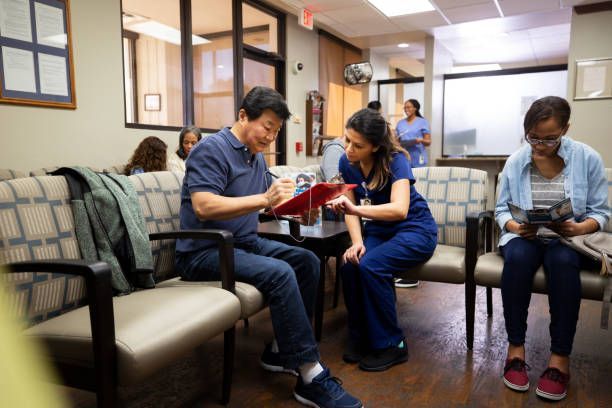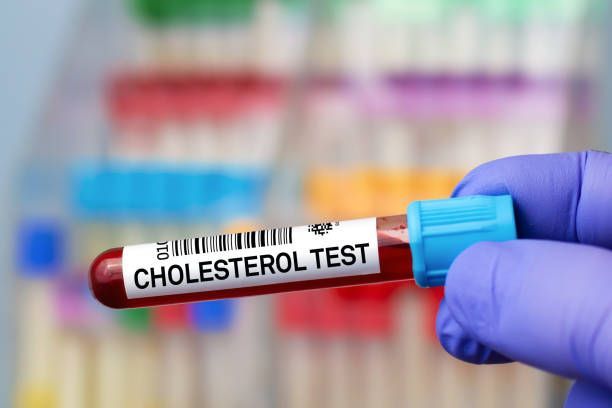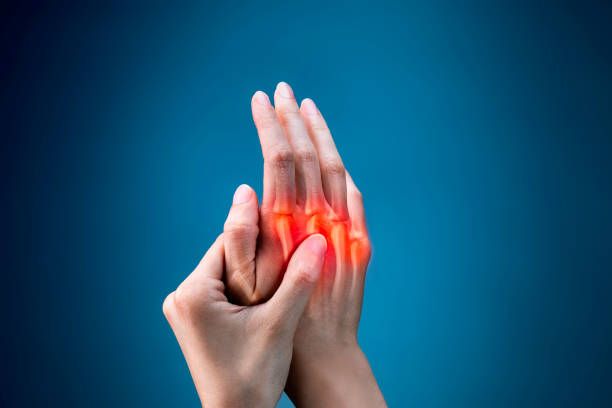What to Expect During Your First Visit to an Urgent Care Clinic
When you're feeling sick or need medical attention outside of regular office hours, an urgent care clinic is an excellent option. These clinics offer a wide range of services, from treating minor injuries to providing essential health care when your primary doctor isn’t available.
If you’re wondering what to expect during your first visit to an
urgent care clinic, this guide will walk you through the process.
What Is an Urgent Care Clinic

An urgent care clinic is a healthcare facility that provides immediate, non-emergency care for a variety of medical conditions. These clinics are designed to handle situations that require prompt attention but are not life-threatening, such as minor injuries, illnesses, and infections.
Urgent care clinics offer extended hours, often including evenings and weekends, to provide accessible care outside of regular office hours.
They typically do not require appointments, allowing patients to walk in for treatment. Services may include diagnostic tests, vaccinations, and the treatment of common health issues like colds, allergies, and minor fractures.
1. Walk-In Accessibility
One of the primary reasons people choose an urgent care clinic is the ability to walk in without an appointment. Many urgent care clinics operate on a walk-in basis, allowing you to get the care you need quickly without the need for scheduling an appointment in advance. This is especially helpful if you're dealing with an unexpected illness or injury.
2. What to Bring with You
Before heading to an urgent care clinic, make sure to bring the necessary documents to ensure a smooth visit.
These might include:
- Your insurance card, if you have one
- A valid ID
- Any relevant medical records or current medications
If you're visiting an urgent care clinic near me for the first time, be prepared to answer basic questions about your medical history. Some clinics may also ask for a list of your current medications or allergies, so it's a good idea to have that information handy.
3. Waiting Time
When visiting an urgent care clinic, you may experience a short waiting time, especially during busy hours.
However, since these clinics are designed to provide quick care, the wait is typically much shorter than in emergency rooms. Many urgent care clinics offer estimated wait times on their websites, so you can get a better idea of how long it might take.
4. The Examination Process
Once you're seen by a healthcare provider at the urgent care clinic, they'll conduct an evaluation based on your symptoms. The examination may include a physical check-up and some basic diagnostic tests to determine the best course of action.
Common tests performed at urgent care clinics include rapid strep tests, flu tests, and blood pressure checks. You might also receive X-rays or lab work, depending on your symptoms.

5. Types of Conditions Treated
An urgent care clinic can treat a wide range of conditions, including:
- Minor injuries like sprains, strains, and fractures
- Cold and flu symptoms
- Allergies and asthma attacks
- Skin conditions such as rashes, shingles, ringworm, or hives
- Minor burns and cuts
- Diagnostic tests, such as STD, pregnancy tests, or X-rays
- IV fluids adn immediate care
For more information on the types of services available, visit the American Academy of Urgent Care Medicine.
6. Prescriptions and Treatments
After the examination, your healthcare provider may recommend a treatment plan, which could include medications or over-the-counter remedies. Many urgent care clinics are equipped to write prescriptions for necessary medications, and they can even send those prescriptions directly to your pharmacy.
If you require follow-up care, your provider will give you instructions on how to proceed, including whether you need to visit a specialist. The
Centers for Disease Control and Prevention (CDC) is a reliable source for more information on health conditions treated in urgent care.
7. Payment and Insurance
Payment for services at an urgent care clinic can typically be done through insurance or by paying out-of-pocket. Most clinics accept various insurance plans, but it’s always a good idea to confirm coverage before your visit. If you're searching for an urgent care clinic near me, you may want to check if they accept your specific insurance provider to avoid unexpected costs.
For uninsured individuals, many clinics offer affordable pricing for various treatments.
To learn more about insurance coverage at urgent care centers, check the National Urgent Care Center Association.
8. After Your Visit
Once your treatment is completed, you can typically leave the urgent care clinic and resume your daily activities. If further treatment or specialist care is required, the clinic will guide you on the next steps. In some cases, you may be referred to your primary care doctor or a specialist for ongoing care.
The National Institutes of Health (NIH) offers valuable resources on how to manage your care after a visit to urgent care.
Conclusion
Visiting an urgent care clinic for the first time can be a straightforward and efficient experience. Whether you're dealing with a minor injury, illness, or just need immediate care, these clinics offer a convenient alternative to emergency rooms. Keep in mind that many urgent care clinics are open during evenings and weekends, making them a great option when your primary care provider is unavailable.
So, if you’re feeling under the weather or need urgent medical care,
walk in with us today and let our experienced professionals provide the treatment you need!













